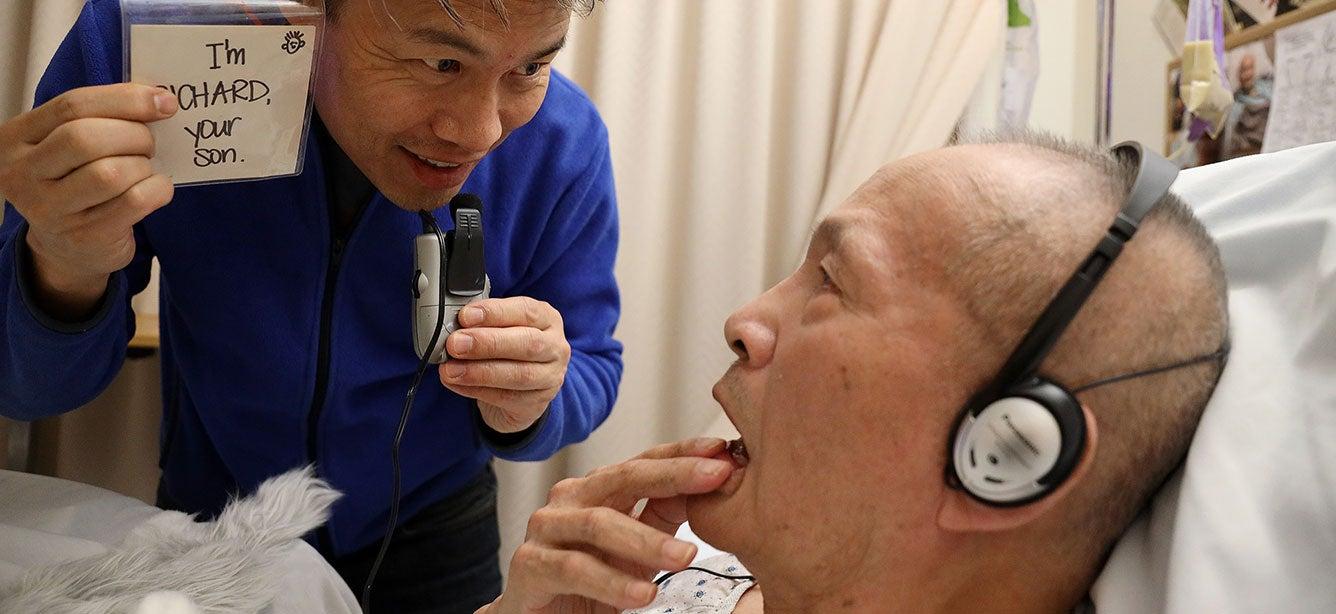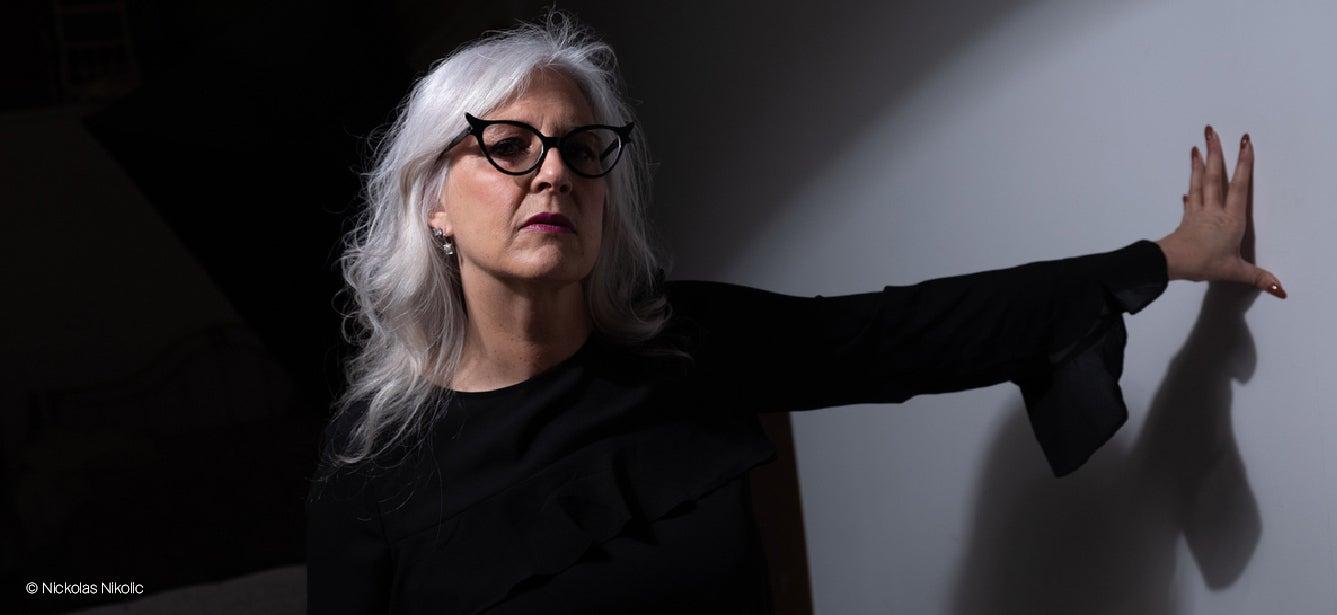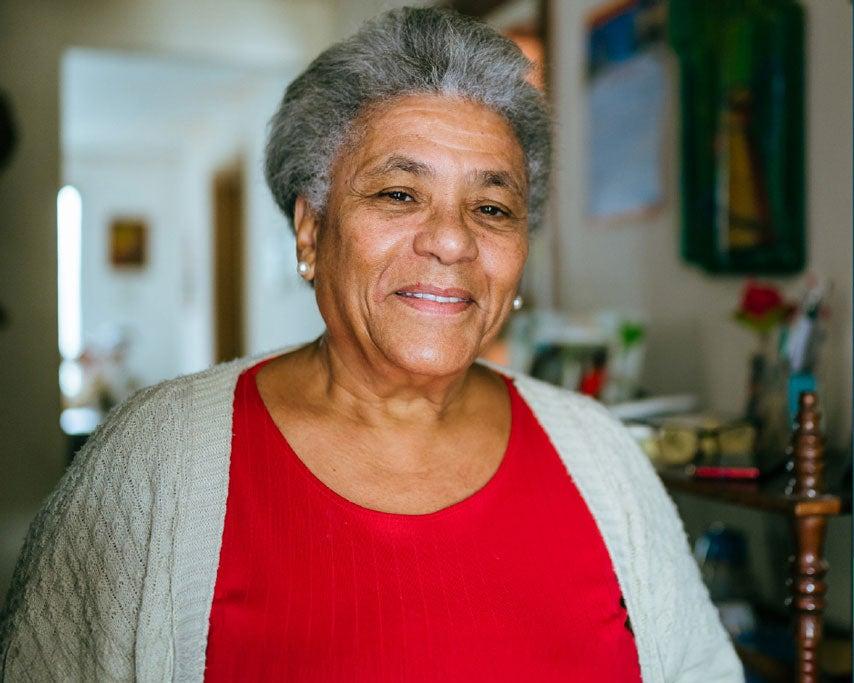Creating Inclusive Depression Care for Older Asian Americans: What Community Organizations Can Do
7 min read

Related Topics
While older Asian Americans have been resilient in the face of the COVID-19 pandemic and a rise in hate incidents, depression and isolation are still major concerns. Now more than ever, it is essential they receive the support they need.
Older Asian Americans, who carry a wealth of knowledge and lived experiences, can be multilingual, multicultural, and resourceful. Ensuring they have better access to culturally appropriate mental health services is critical to their health and well-being.
When discussing the Asian American experience, it's important to note that there are over 2,000 different languages spoken in 50+ countries that are considered part of Asia.3 The Asian American experience, therefore, is as diverse as the many communities they are a part of. While this article shares lessons learned from organizations serving Cambodian, Filipino, Korean, and Vietnamese communities, it is not comprehensive of all Asian American experiences and does not include Native Hawaiian and Pacific Islander experiences, which can be significantly different.
Understanding barriers to depression care for older Asian Americans
A continuing problem: older Asian Americans face systemic barriers to depression care.1 These barriers, including lack of access to affordable health insurance or health care, immigration status, language preference, and/or a lack of culturally adapted treatment, contribute to difficulties in accessing depression care.2 Also, depression care in the United States is often approached from a Western-centric perspective, so the care may be less effective for older Asian Americans.
The stigma of depression affects everyone, and it presents differently across cultural communities. For example:
- Older Asian Americans have some of the lowest recorded rates of mental health issues compared to other racial groups, yet older Asian American women have one of the highest completion rates of suicide.2
- Korean American older adults have a higher prevalence of depression, but a lower rate of mental health service use compared to all American older adults, and only 5.7% of Korean older adults with severe depression access mental health services.4
- Cambodian Americans are seven times more likely5 to experience depression than other adults in the United States.
- Approximately 30-50% Vietnamese refugees report experiencing depression.6
- For some Filipino older adults, religion plays a role in how depression is discussed and viewed. These manifestations of the stigma of depression are rarely addressed in traditional depression care, and can be lost under the umbrella of “Asian American.”
Despite these challenges, communities have persevered. And community-based organizations have been central to providing older Cambodian, Filipino, Korean, and Vietnamese adults with depression support and education in their communities.
PEARLS: One solution for addressing depression among older adults
The Program to Encourage Active, Rewarding Lives (PEARLS) is an effective skill-building program that helps older adults manage and reduce their feelings of depression and isolation. Many programs address depression in older adults using only counseling and/or medication, while PEARLS focuses on building skills.
The program is designed with community input to be adaptable and to expand access to depression care in underserved communities, including older adults who are experiencing poverty, are community members of color, do not prefer English, and/or live in rural areas.
While PEARLS is designed to be adaptable, it was also designed in the United States using a Western mental health and public health service lens. The program has limitations that organizations have had to work around. Yet as more Asian American-serving community-based organizations have adopted PEARLS, they have been able to cutomize the program to better meet the needs of older Asian Americans.
How have community organizations used PEARLS for improving mental health care?
Knowing more about how community-organizations, like the ones we are a part of, are adapting PEARLS is key to supporting other organizations along their journey of helping older Asian Americans.
International Drop-In Center Filipino Senior & Family Services (Seattle)
Our staff connects with older adults attending their community center for different activities and programs. We have been able to adapt PEARLS to be helpful for our older Filipino community by:
- Building trust through humor and social services: Our PEARLS coaches use humor to build a strong relationship with each older adult. They aren’t just clients; we care about each other.
- Providing the nine questions asked during PEARLS sessions as a conversation: We memorize the questions of the PHQ-9, which are standardized screening and tracking questions in depression care, and use them as a guide to check in with our older adults. Leaving out paperwork allows us to continue building relationships without paper and pen getting in the way.
- Using PEARLS to link to other programs: As a community center, we often connect our older adults to other programs at the center during their pleasant activities scheduling.
Korean Service Center (St. Paul, Minnesota)
Our staff serve older Korean adults in their assisted living facility and provide outreach to the Korean community with various activities. We have adjusted PEARLS to serve older Korean community members by:
- Translating all paperwork and materials into Korean, and conducting visits in Korean: We don’t have many therapists performing in Korean, so this is one of the biggest benefits.
- Framing depression care as preventive care: Many older adults are concerned with cognitive decline, and we know that depression and dementia have a strong correlation. We frame this care as preventive care to keep them healthy.
- Teaching technology literacy: We take 10 minutes out of each session to teach our older adults how to use technology like an iPad. This allows older adults to return to what they enjoy, like talking to family in Korea or reading Korean books.
Neighborhood House (Seattle and King County, Washington)
Our staff serve many different language communities. We have provided PEARLS to Cambodian and Vietnamese care receivers and caregivers by:
- Understanding and validating cultural history: Many of our staff, just like their clients, have experienced the immigrant story and the same personal challenges that many in our community face. It makes their experiences valid and acknowledged.
- Focusing on the present: Vietnamese and Cambodians have experienced going through genocide and war. We have to have a strong mind and know who we are. While it can be challenging to move forward, we focus on present problems during our PEARLS sessions, problems that we can address now.
- Strengthening family connections: Because we are working with caregivers and care receivers, we are able to strengthen and reconnect families together. We can remind them that they have the support and the relationship already there.
PEARLS allows for problem-solving, creative depression care solutions
Across all three community-based organizations, successes have been incredibly gratifying. With the guidance of PEARLS and Neighborhood House, one older adult was able to get a karaoke machine so they could sing regularly, which was key to helping them better use their jaw after serious health issues. Another older adult who had trouble swallowing was able to get an instant pot so they could easily cook softer foods. While using PEARLS, Korean Service Center was also able to provide an older adult with an iPad so they could talk to their son in Korea every day.
The creative problem solving guided by older adults in PEARLS allows them to brainstorm and explore solutions to the problems they want to tackle—in a way that fits their lifestyle.
Partnerships are key to providing culturally appropriate mental health support
PEARLS was designed in collaboration with the organizations that deliver it, validated in partnership with the communities who use it, and adaptable to the people who need it. PEARLS continues to be adaptable to expand access to depression care, and those adaptations and enhancements wouldn’t be possible without the partnerships of community-based organizations like the International Drop-In Center Filipino Senior & Family Services, Korean Service Center, and Neighborhood House.
Together, we are expanding access to the essential mental health care older adults need and deserve, regardless of their background.
NCOA hosts the annual Older Adult Mental Health Awareness Day to highlight critical issues in addressing mental health needs as we age.
This article is supported by the Administration for Community Living (ACL), U.S. Department of Health and Human Services (HHS) as part of a financial assistance award totaling $5 million with 100% funding by ACL/HHS. The contents are those of the author(s) and do not necessarily represent the official views of, nor an endorsement, by ACL/HHS, or the U.S. Government.
Sources
1. Giyeon Kim, PhD, Sylvia Y Wang, PhD, Soohyun Park, MA, Stacy W Yun, MA, Mental Health of Asian American Older Adults: Contemporary Issues and Future Directions, Innovation in Aging, Volume 4, Issue 5, 2020, igaa037. Found on the internet at https://doi.org/10.1093/geroni/igaa037
2. Sorkin DH, Pham E, Ngo-Metzger Q. Racial and ethnic differences in the mental health needs and access to care of older adults in california. J Am Geriatr Soc. 2009 Dec;57(12):2311-7. doi: 10.1111/j.1532-5415.2009.02573.x. Epub 2009 Nov 23. PMID: 19943830. Found on the internet at https://pubmed.ncbi.nlm.nih.gov/19943830/
3. Jeff Yang and Phil Yu, Rise: A Pop History of Asian America from the Nineties to Now, Harper. 2022.
4. Kim, Miyong T et al. Prevalence and Predictors of Depression in Korean American Elderly: Findings from the Memory and Aging Study of Koreans (MASK). Am J Geriatr Psychiatry. 2015;23(7):671-683. doi:10.1016/j.jagp.2014.11.003 vol. 23,7 (2015). Found on the internet at https://www.ncbi.nlm.nih.gov/pmc/articles/PMC4442756/
5. Mental Health Issues Rife Among Cambodian Immigrants in US. VOA News. April 26, 2016. Found on the internet at https://www.voanews.com/a/cambodia-immigrants-us-grapple-mental-health-issues/3304404.html
6. Kim-Mozeleski, J.E., Tsoh, J.Y., Gildengorin, G. et al. Preferences for Depression Help-Seeking Among Vietnamese American Adults.Community Ment Health J 54,748–756 (2018). Found on the internet at https://doi.org/10.1007/s10597-017-0199-3




